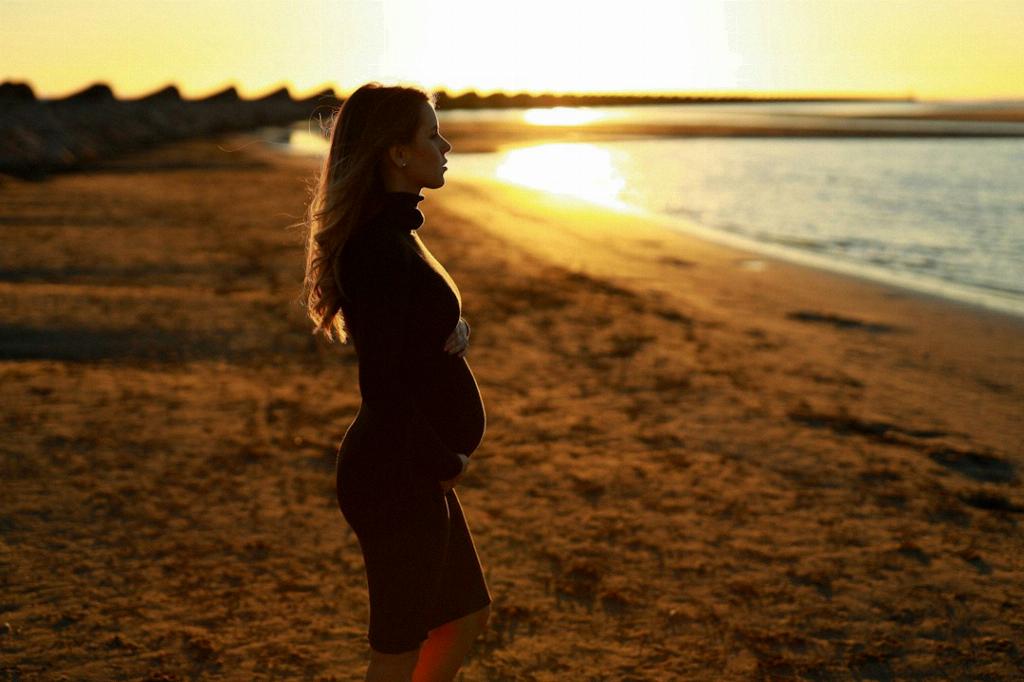When it comes to the topic of pregnancy weight gain, there are varying opinions and conflicting information that can leave soon-to-be moms feeling confused and unsure. It’s essential to understand the physiological changes that occur during pregnancy to get a clear picture of how much weight gain is actually attributed to the growing baby and supporting structures.
Physiological Average Total Gain
Research studies have shown that the physiologic average total weight gain for healthy primigravid women eating without restrictions is around 12.5 kg (27.5 lb). This weight gain is typically distributed throughout the course of the pregnancy, with approximately 1 kg (2.2 lb) gained in the first trimester and the remainder acquired in the subsequent two trimesters.
Components of Pregnancy Weight Gain
It’s important to note that pregnancy weight gain consists of more than just the weight of the growing baby. The additional components include the placenta, amniotic fluid, increased blood volume, uterus enlargement, breast tissue development, and additional fat stores necessary for breastfeeding and energy reserves during delivery.
Weight Gain Breakdown
Breaking down the components of pregnancy weight gain, the weight of the baby itself accounts for approximately 7-8 pounds at full term. The placenta adds another 1-2 pounds, amniotic fluid around 2-3 pounds, increased blood volume around 4 pounds, and uterine enlargement about 2 pounds. Breast tissue development and fat storage contribute to the remaining weight gain.
Factors Influencing Weight Gain
Several factors can influence how much weight a woman gains during pregnancy, such as pre-pregnancy weight, maternal age, genetics, dietary habits, physical activity levels, and overall health status. While the physiologic average total gain gives a general guideline, individual experiences may vary.
Healthy Weight Gain During Pregnancy
It’s essential for pregnant women to focus on healthy weight gain to support the development of the baby and maintain overall well-being. Healthy weight gain is crucial for the baby’s growth and development, as well as reducing the risk of complications during pregnancy and delivery.
Monitoring Weight Gain
Healthcare providers monitor weight gain during prenatal visits to ensure that it aligns with the recommended guidelines based on the woman’s pre-pregnancy body mass index (BMI). It’s important to have open and honest discussions with healthcare professionals about weight gain concerns and strategies for maintaining a healthy balance.
Embracing Body Changes
Pregnancy is a transformative time in a woman’s life, both physically and emotionally. Embracing the changes in body shape and weight gain as a natural part of the pregnancy journey can promote self-acceptance and confidence in the incredible process of creating new life.
Postpartum Weight Loss
After giving birth, many women are eager to shed the pregnancy weight and return to their pre-pregnancy bodies. It’s essential to approach postpartum weight loss with patience and kindness towards oneself, focusing on gradual lifestyle changes that support overall health and well-being.
Seeking Support
During the pregnancy and postpartum periods, it’s vital for women to seek support from healthcare providers, family, and friends. Open communication, encouragement, and guidance can help women navigate the complexities of pregnancy weight gain and postpartum body changes with confidence and resilience.
Conclusion
In conclusion, the average weight gain during pregnancy is a multifaceted process that involves various physiological changes to support the development of the baby and prepare the mother for childbirth and breastfeeding. By understanding the components of pregnancy weight gain, embracing body changes, and focusing on healthy practices, women can navigate the journey of pregnancy with grace and empowerment.

